State of Hope
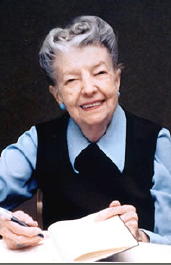 |
| Phyllis A. Whitney |
I am
constantly looking for a writing craft book or article, organized notebook,
online class, or writing conference that will bring all the elements together
to make me the writer I want to be. I search the computer and scope out the
writing sections of bookstores and libraries, certain the magical resource is
out there if only I can locate it.
continuing optimism comes from the memory of discovering Phyllis A. Whitney’s
books that gave me a step-by-step writing process and helped me to focus on the
craft of creating a story. I will never forget my aunt giving me a copy of
Whitney’s Guide to Fiction Writing (Boston,
MA: The Writer, Inc., 1982) (which she bought as a selection from her book-of-the-month
club). I consider it a prized possession. That gift let me know my aunt shared
my vision, believed in me as an author, and supported my dream.
Whitney’s advice doesn’t match the current publishing industry, other pearls of
wisdom are timeless:
On why she does not need to apologize for
following a “formula” for mystery writing: “Having found my niche, I’ve worked
out a pattern that enables me to venture within its broad boundaries and never
find myself bored.” (p. ix)
“Perhaps opportunity is like a train on an
endless track. Now and then it makes a stop at your station, often without
fanfare and without warning.” (p. 4)
“What you do now
counts. . . . Work and wait and learn, and that train will come by. If you give
up, you’ll never have a chance to climb aboard.” (p. 9)
“[W]e all write somehow – making time – and habit grows strong with practice. The challenge
is always the same: How much do you
want to write? Not just to be a writer, but to
write.” (p. 12)
“[Y]ou must develop your own writing pattern.”
(p. 12)
“[Y]ou’ll learn to use what comes, good and bad,
and it will become part of whatever you are, and find its way under many
disguises into your work.” (p. 13)
“[D]evelop the habit of observation and
analysis.” (p. 13)
favorite part of the book is Chapters 3 and 4, where Whitney explains how she
sets up her own notebook for writing a novel. Chapter 3 covers “the
Preliminaries” and proposes the following divisions for the writer’s notebook: a
calendar (to measure progress); a list of potential titles; a chronology in two
parts, the first listing a chapter-by-chapter summary and the second providing
information about characters and story events; and a section to explore theme
and situation.
she gets to “the Heart of the Matter.” The notebook sections described are for:
plotting, characters, an outline, material to be checked (including matters for
research as well as details to be verified), a bibliography of sources
consulted, research notes, background unique and perhaps created for the novel,
and a collection of potential names.
Some of the
sections in Whitney’s notebook are specific for a single work while others may
be continued through several works. She offers her method as a system that
works for her and may be adapted by other writers to suit their practice.
The second
part of Whitney’s book is about structuring a story and has chapters explaining
how to deal with the beginning, middle, and end; add suspense and emotion;
create intriguing characters; deal appropriately with time, transitions, and
flashbacks; and revise. The shortest chapter provides advice on getting the
book published.
Whitney says, “This is a book about writing.
I hope it’s a book you will mark up and use – as I do my collected books on
writing. I hope as well that you’ve found in it some of the encouragement we
all need to keep us going.” (p. 140)
How amazing
that Whitney’s voice continues to humbly reach out to future generations
seeking the same type of career she achieved through hard work, persistence,
and taking advantage of any luck that came her way. No wonder Whitney has been
viewed not only as a grand master of the craft, but also a great supporter of
the profession. She’s an incredible role model.
found the “perfect” method? Are you willing to share it? Who’s your role model?

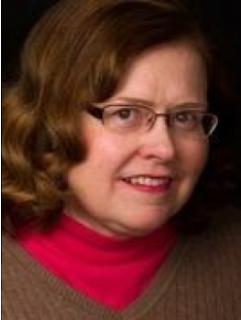
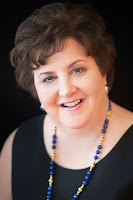
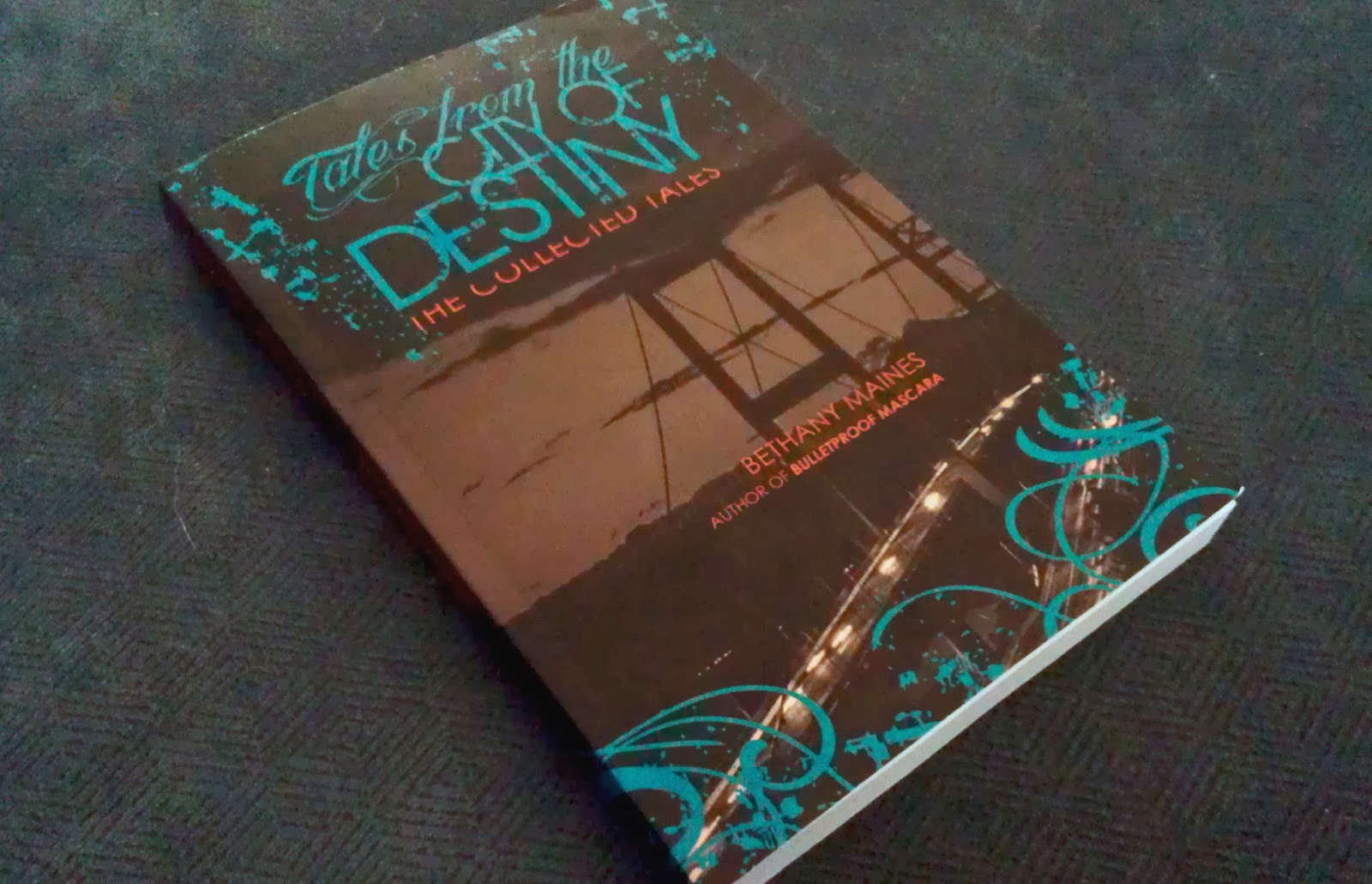

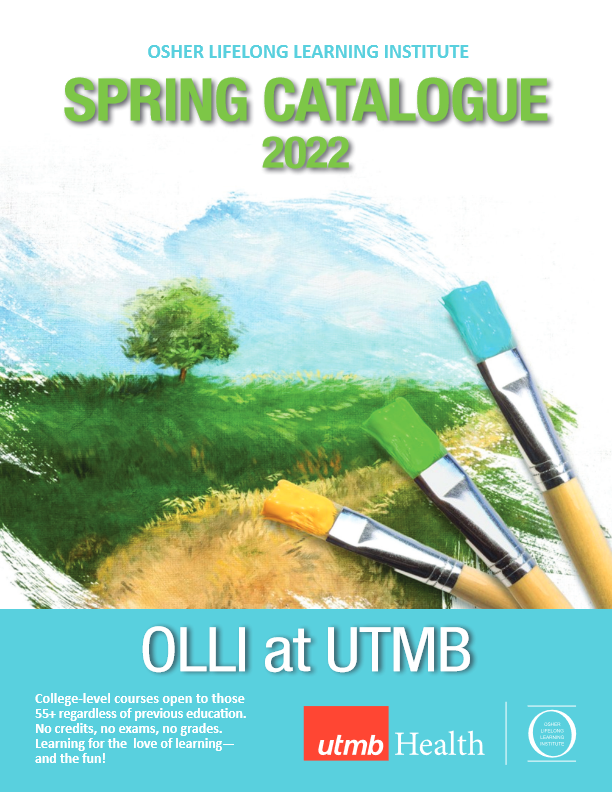


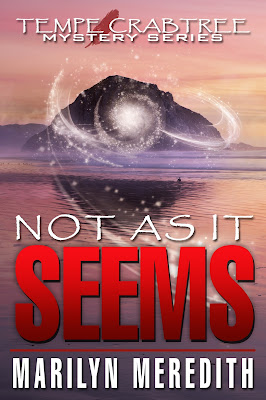
I am far from having perfected any method, but I certainly owe Phyllis Whitney a debt of gratitude because her "formula" books hooked me in and turned me on to mystery at a very young age. Ironically, I don't think I ever saw her book on writing.
Debra, I'm convinced that she wrote a version for YA readers, because I remember a book I kept checking out of the library, but I have not been able to find it through the Internet. She has written the Guide and a book about writin YA for adults. Her method helped me organize. I follow it with my own adaptations.
That should be writing YA for adults!